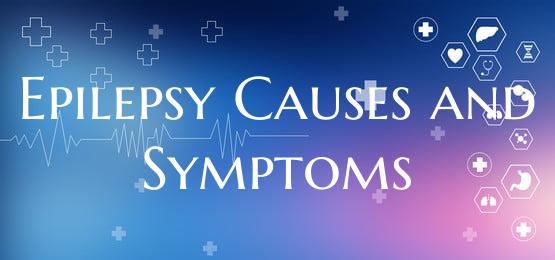
Epilepsy Causes and Symptoms
Epilepsy Causes and Symptoms
Epilepsy is a neurological disorder characterized by recurrent seizures, which are disturbances in the brain's electrical activity. There are many causes of epilepsy, including genetic factors, brain injuries, infections, and developmental disorders. Understanding the underlying causes can help in managing and treating the condition effectively.
Some common causes of epilepsy include:
1. Genetic factors: Some individuals may have a genetic predisposition to epilepsy, which can be passed down through family members.
2. Brain injuries: Head trauma, such as a concussion or skull fracture, can lead to epilepsy. Similarly, conditions that cause damage to the brain, such as stroke or brain tumors, can also trigger seizures.
3. Infections: Infections such as meningitis, encephalitis, or brain abscesses can cause inflammation in the brain, leading to seizures.
4. Developmental disorders: Conditions that affect brain development, such as autism or neurofibromatosis, can increase the risk of epilepsy.
Symptoms of epilepsy can vary widely, depending on the type of seizure and the area of the brain affected. Some common symptoms include:
1. Uncontrollable movements: Seizures can cause jerking movements of the arms and legs, as well as twitching or shaking.
2. Altered consciousness: Some individuals may experience changes in awareness or consciousness during a seizure. This can range from a brief loss of awareness to a complete loss of consciousness.
3. Sensory symptoms: Seizures can also affect sensory perception, leading to visual disturbances, strange smells or tastes, or a tingling sensation in the body.
4. Emotional changes: Some individuals may experience intense emotions, such as fear, joy, or déjà vu, before or after a seizure.
It is essential for individuals with epilepsy to work closely with healthcare providers to identify the underlying causes and develop a comprehensive treatment plan. This may include medications to control seizures, lifestyle modifications, and in some cases, surgery to remove the area of the brain causing seizures. With proper management, many individuals with epilepsy can lead full and productive lives.